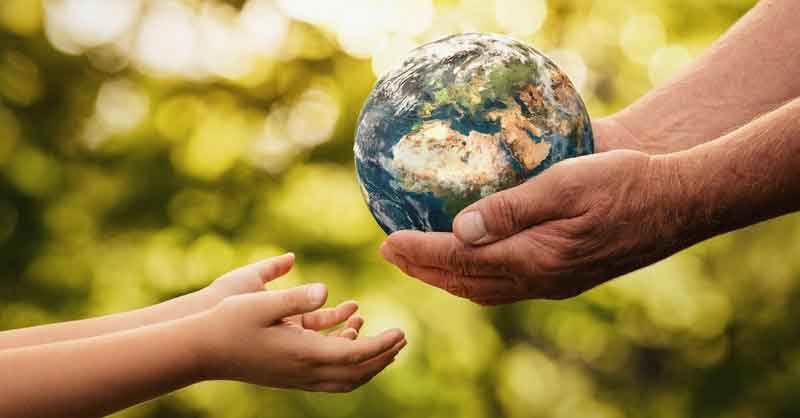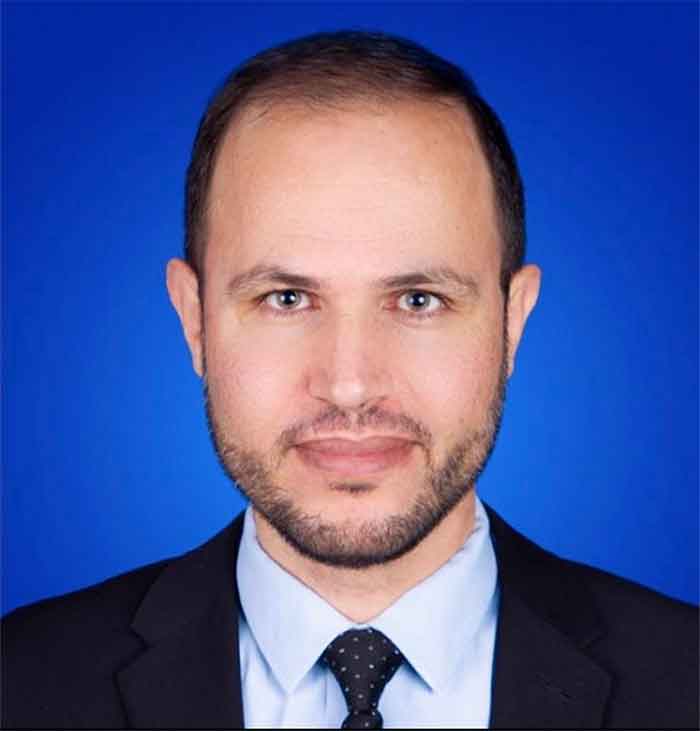
Covid-19 did the impossible: it changed the concept of time as a finite resource. Type A individuals, like me, were faced with the realisation that we had time on our hands. Therefore, we just had to make it as productive as possible.
It sounded like good news. Gone were the dreadful Mondays that spoiled all our Sundays, and along with it, the deadlines and long hours spent at work/commuting/studying. Every day was now akin to Sunday, a day that could be spent indulging in leisure.
After doing the requisite amount of binge-watching, reading dusty tomes to tick them off my wishlist, cleaning shelves that lied untouched for years, and taking a shot at gardening and cooking… there was still time left. Now what?
Things had changed, but newer things came up to replace them. Education moved online as did events and talks. After an initial lull, the calendar was suddenly choc-a-bloc with ‘webinars’. So, of course, one had to enroll for these talks either under academic pressure or simply FOMO.
My diary entries during this period puts my normal, pre-lockdown life to shame. On some days, I was attending up to four webinars in a day, while also trying to watch free movies/concerts and read free books that had suddenly become accessible for a limited period of time.
And then came the Massive Online Open Courses (MOOCs) – the super-convenient online courses that you could finish off in a day’s time or over a longer period based on your convenience and their schedule.
Like one possessed, I proceeded to enroll in several courses at a go. Over the next few weeks, I completed more than two dozen short and long-term courses. It included the no-strings-attached ones that you could do for free and at your own pace. And there were some courses that were paid and time-bound; the deadline bringing some consistency to my erratic life.
Why kill oneself with such goals, one may wonder. My reasoning, at the time, was that this is for my mental betterment/to retain my sanity and gain knowledge. Did it add to my wisdom and make me a know-all? Well, a lot of what I learned vanished in thin air as my capacity to retain information is finite. I also don’t possess a photographic memory like my friends.
But the copious notes I made remain a testament to what I set out to accomplish. I am more aware of cybersecurity and can tell my bots from trojans and worms (thank you free MOOC course). I am better aware of how to invest my money, courtesy umpteen webinars for women. Tip: We are better off investing in property, the stock market and mutual funds apparently, even though it’s fraught with risks.
This bounty of courses and seminars during the lockdown months helped me to polish my knowledge of Sanskrit, learn a bit of Python, and understand the best way to crowdfund (get your family to do the needful at first; if they don’t trust you to donate, no one will).
While my selection seems random, it is not. Many of these courses were incredibly useful for me, especially learning basic coding and how to make reasonable investment choices beyond sticking to the tried and tested methods. I like to think I am better prepared to be an online teacher now, and can capture the attention of my students.
I am fascinated by the Open Educational Resources (OER) that are available out there for anyone keen to learn or to share their knowledge. And I am wiser about making my study material accessible to all and inclusive.
The lockdown period was also about reading distressing news of the plight of migrants left to fend for themselves, and of observing with dismay the increasing communalisation of Indian television and media. But instead of focusing on the negative, I decided to try and find out what can be done. I donated to the extent I could but also did a course on advocacy to understand how best to highlight the plight of the oppressed. I understood how shaming the oppressors or proving them wrong may not always work at a psychological level, and one has to adapt one’s campaign to the context one is in.
Several if not most of the sessions delved on how to survive in a post-Covid 19 world. And while that was speculative at best, it grounded me and gave some perspective to the madness. I realised how amid all the panic and the uncertainty, our quest remains the same. We are united by our want for good health, happiness, and love. And we are afraid of losing all three at present. These are the elements that bind us together, beyond our deepest divisions.
Life remains unpredictable, now more than ever. It may never be the same as the world we left behind pre-Covid. But the only thing in our control is how we deal with the incoming crisis. We have to make peace with the present, learn to be flexible, gain knowledge to cope with a rapidly changing world, and keep loved ones close.
Soma Das is an independent journalist and lecturer at the Department of Mass Media, Kishinchand Chellaram College, Mumbai.
SIGN UP FOR COUNTERCURRENTS DAILY NEWSLETTER
















































